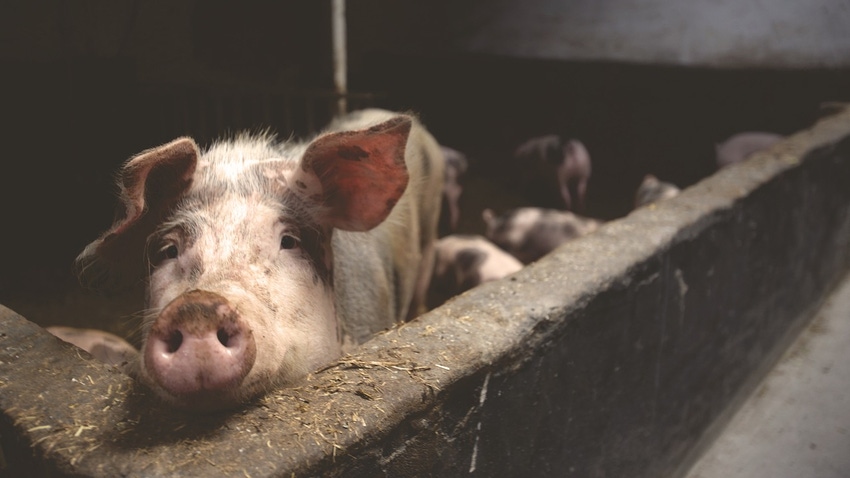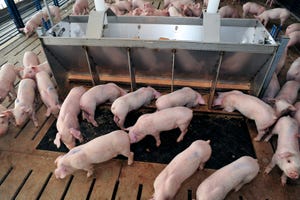USDA pulling back ASF eradication funding from Hispaniola
Disease considered endemic as socio-economic factors have complicated efforts.

African swine fever (ASF) was identified on the island of Hispaniola in the summer of 2021, the first time the disease had been present in the Western Hemisphere in several decades. At that time, USDA committed $500 million of Commodity Credit Corporation (CCC) funds to try to help manage the outbreak, but socio-economic factors in both Haiti and the Dominican Republic have put eradicating the disease on the back burner.
During a panel discussion at the 2023 World Pork Expo, Dr. Anna Forseth, director of animal health for National Pork Producers Council, said the USDA has recently re-evaluated progress and decided to pull back the remaining resources.
“Unfortunately, the disease is considered to be endemic at this point on the island. So, they are shifting their focus from an eradication strategy to more of a chronic management strategy,” she said, adding that USDA is using the remaining CCC funds to protect U.S. borders from ASF.
In the U.S., some producers have grown weary about discussing the disease, but NPPC President Scott Hays shared that this is because the U.S. has been successful in keeping it out.
“We’ve got to stay diligent; preparedness and prevention are key.”
The U.S. has looked at every way the virus could enter the U.S., closing some loopholes and beefing up surveillance efforts where there were vulnerabilities.
Preparedness is critical, he said, because if the U.S. does have an outbreak, “we’ve got to get our arms around it quickly, and we’ve got to get it stamped out so we can get back to business as normal.”
It won’t ever completely leave the minds of producers because of how devastating it would be to the entire industry, Hays added.
“It’s not only devastating to the farm that gets it; it’s devastating to all of us because of what it does to exports.”
About the Author(s)
You May Also Like





